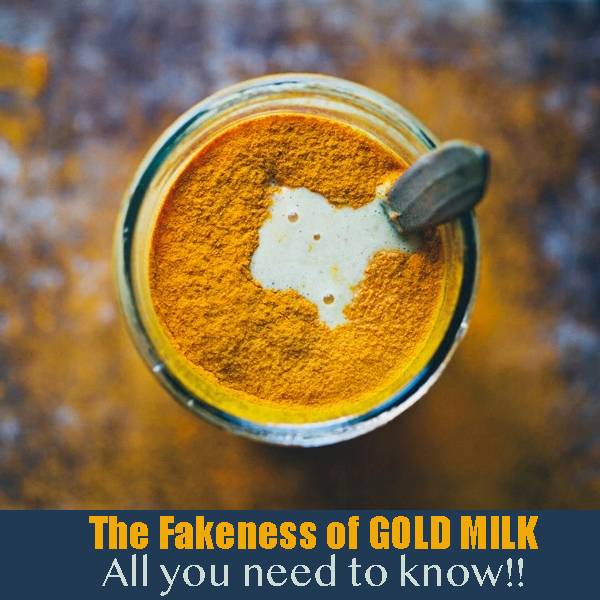Difference Between Celiac and Gluten Intolerance: Know the details
There is a lot of confusion between Celiac Disease and gluten intolerance. Many people believe that they have one or the other, when they may only have gluten intolerance. It’s important to know the difference between the two conditions, as they require different treatments.
Celiac Disease is an autoimmune disorder that affects the small intestine. When someone with Celiac eats food containing gluten, their immune system responds by attacking the small intestine. This can lead to problems such as nutrient deficiencies, diarrhea, and weight loss. The only treatment for Celiac Disease is a gluten-free diet.
Gluten intolerance does not involve the immune system and does not cause damage to the small intestine. Symptoms of gluten intolerance include bloating, gas, diarrhea, and constipation. There is no cure for gluten intolerance, but people can manage their symptoms by avoiding gluten in their diet.

Symptomatic difference between Celiac and Gluten Intolerance?
There is a common misconception that the only difference between Celiac Disease and Gluten Intolerance is the presence of intestinal damage. However, there are a number of significant differences between these two conditions. The most obvious symptom difference is that Celiac Disease always involves intestinal damage, while gluten intolerance does not always involve damage to the intestine. However, other symptoms can vary depending on the individual. For example, people with gluten intolerance may experience headaches, joint pain, or numbness in their hands and feet, while those with Celiac Disease often experience anemia and vitamin deficiencies.
Another key difference is that people with gluten intolerance can usually tolerate a small amount of gluten without any problems. In contrast, people with Celiac Disease must avoid all contact with gluten in order to prevent intestinal damage.
Despite these differences, both Celiac Disease and gluten intolerance involve a reaction to the gluten protein. The only way to cure either condition is to avoid gluten completely.
What causes the damage in Celiac Disease?
In people with Celiac Disease, gluten triggers an autoimmune response that causes intestinal damage. This autoimmune response happens when the protein from gluten, known as gliadin, binds to a specific carbohydrate on a type of immune cell called a T lymphocyte or T-cell. Once bound, the complexes activate other immune cells and cause inflammation in the lining of the small intestine. As a result, villi become damaged and are unable to absorb essential nutrients from food. This can lead to malnutrition and severely affect the quality of life for those who suffer from it.
How does gluten intolerance differ?
The reason why not everyone experiences intestinal damage after consuming products containing wheat, rye, or barley is not fully clear.
It appears that in people with gluten intolerance, the immune response to gliadin does not involve T-cells. Therefore, there is no autoimmune reaction and hence no associated intestinal damage.
However, many health professionals are unsure whether or not these conditions can go beyond simply being an adverse reaction to gluten.
Therefore, though the effects are different in terms of intestinal damage. Both Celiac Disease and Gluten Intolerance are results of a reaction to gluten proteins found in wheat, rye, or barley products. This means that both conditions require complete avoidance of all products containing these proteins in order to prevent further damage.
The difference between Celiac and Gluten intolerance
Celiac disease and gluten intolerance are two conditions that are often confused with each other. Celiac disease is an autoimmune disorder that affects the small intestine, while gluten intolerance does not involve the immune system and does not cause damage to the small intestine. Symptoms of gluten intolerance include
- bloating,
- gas,
- diarrhea, and
- constipation,
while symptoms of celiac disease include
- diarrhea,
- constipation,
- weight loss,
- abdominal pain,
- malnutrition,
- anemia,
- bone pain,
- joint pain, and
- dermatitis herpetiformis.
The only way to treat celiac disease is by following a gluten-free diet, while the only way to treat gluten intolerance is by avoiding gluten in the diet. If you’re not sure which condition you have, it’s best to opt for testing for both. This will help you and your doctor determine the best course of treatment for you.
Ayurveda Treatemnt for Ulcerative Colitis
Why is confusion there between the two conditions?
One reason is that people often mistake gluten intolerance for celiac disease because they share many of the same symptoms. Another reason is that there is no cure for gluten intolerance, which can lead to people believing that they have celiac disease.
If you are experiencing any of the symptoms listed above.
It’s important to talk to your doctor about both conditions. This will help you get the treatment you need and avoid further health complications.
Vaidya Dr. Pardeep is an expert for this condition who is doing the treatment of this condition. You can consult with Vaidya Ji through online consultation and can find the answer for the problem.
What is the difference between Celiac and Gluten Intolerance?
Celiac Disease happens due to an autoimmune response to gluten. When someone with Celiac eats gluten, their immune system responds by attacking the small intestine. This can lead to a wide variety of symptoms, including diarrhea, constipation, bloating, and fatigue. Left untreated, Celiac Disease can lead to other health problems such as malnutrition, osteoporosis, and some cancers.
Gluten Intolerance is not due to an autoimmune response. Many studies have shown that individuals with Gluten Intolerance may experience similar symptoms as those of Celiac Disease when they eat gluten-containing foods, such as bread or pasta. However, unlike someone with Celiac Disease, their immune system does not respond by damaging the small intestine. Therefore, there is no long-term damage done to the digestive tract in most people who have a Gluten Intolerance.
Of note: most doctors do NOT test for Gluten Intolerance because it can be difficult to diagnose accurately, and there are currently no treatments beyond eliminating gluten from one’s diet.
In general, Celiac Disease is a more serious condition than Gluten Intolerance. It can cause long-term damage to the digestive tract if left untreated, and it also increases the risk for other health problems. If you are experiencing symptoms after eating gluten-containing foods, it is important to speak with your doctor to determine whether you have Celiac Disease or Gluten Intolerance.














